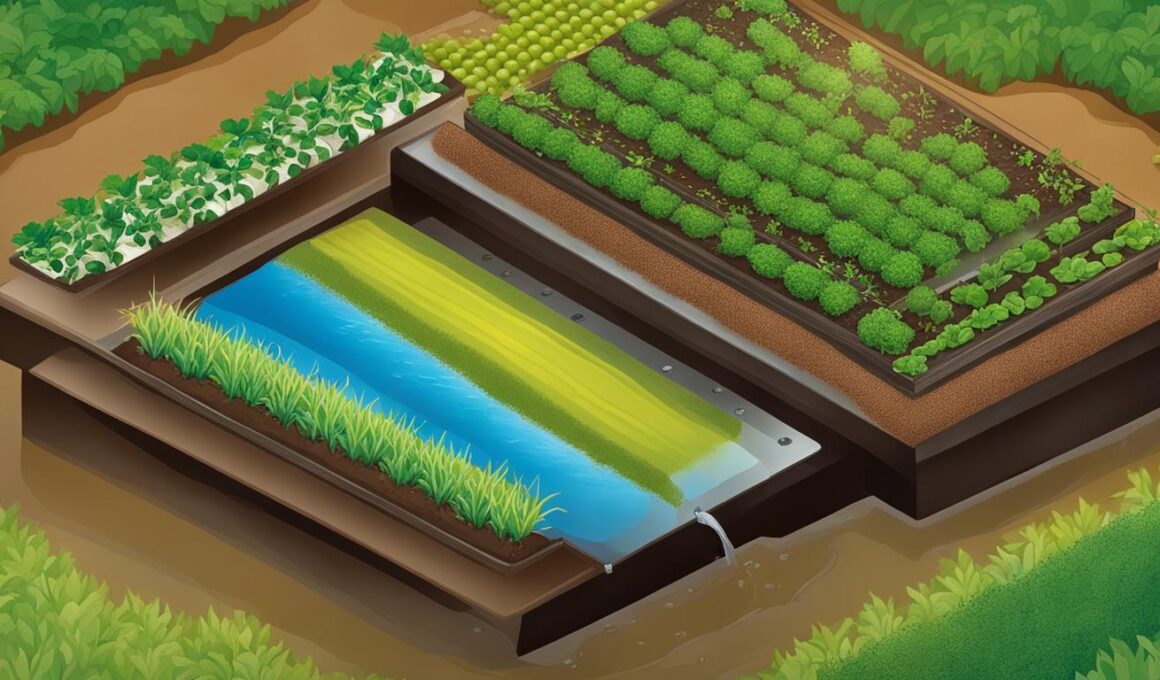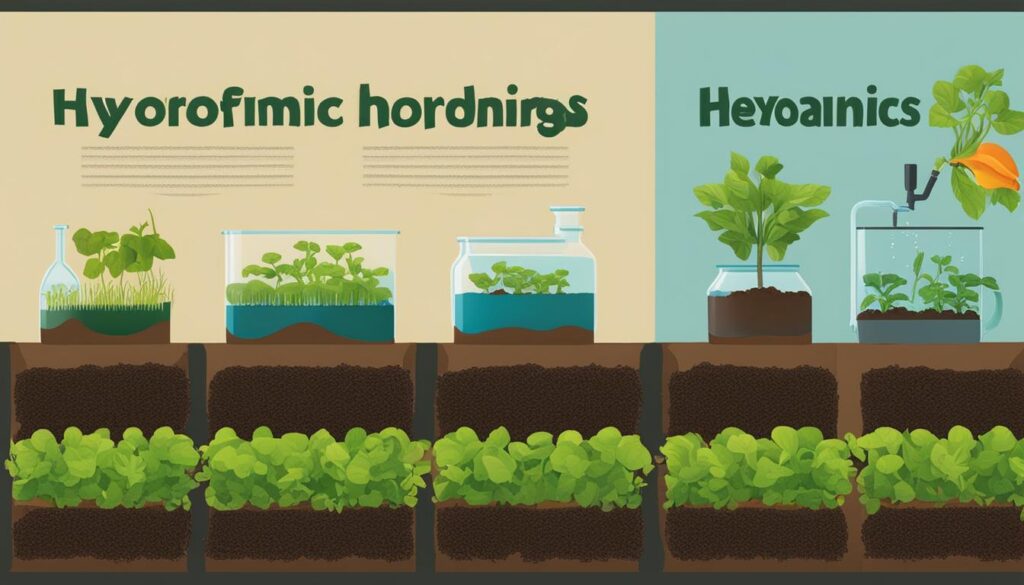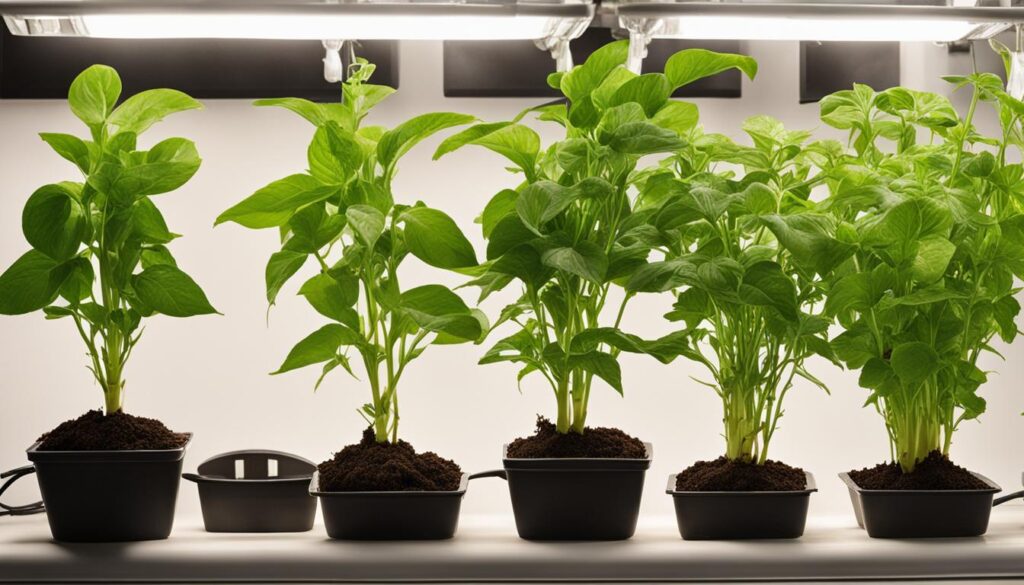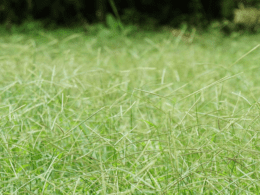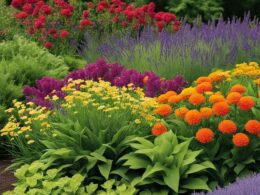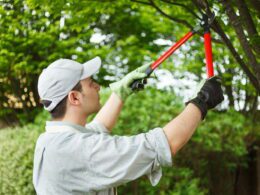Hydroponics and soil gardening are two popular methods for growing plants, but which one is better for your garden? In this article, we will explore the battle of hydroponics vs soil gardening and uncover which method is best for optimal plant growth and yield returns in your US garden. We will consider various factors such as space requirements, nutrient delivery, water usage, weed control, pest and disease management, growth rates, and overall control of the growing environment.
Post Summary
- Hydroponics allows for growing more plants in a smaller space compared to soil gardening.
- With hydroponics, you can provide customized nutrition to your plants for optimal growth.
- Hydroponics saves significant amounts of water compared to traditional soil gardening.
- Weeding is eliminated in hydroponics, making it a convenient option for gardeners.
- Hydroponics reduces the occurrence of pests and diseases, promoting healthier plants.
Space Requirements: Hydroponics Saves Space, Soil Gardening Requires More
In the battle of hydroponics vs soil gardening, space requirements play a crucial role. Hydroponics offers a significant advantage when it comes to maximizing space usage. Unlike traditional soil gardening, where plants need ample room for their roots to spread through the soil, hydroponics eliminates the need for soil altogether. This means you can pack your plants closer together in a hydroponic system, allowing you to grow more plants in a smaller space.
With hydroponics, plants are submerged in a bath of oxygenated nutrient solution, which provides all the necessary nutrients for growth. The absence of soil not only saves space but also eliminates the need for large garden beds or planting areas. Whether you have a small backyard or limited indoor space, hydroponics allows you to efficiently utilize every square inch for growing plants.
By harnessing the power of hydroponics, you can transform even the smallest space into a productive garden. Whether you’re a city dweller with limited balcony space or an urban gardener looking to maximize yields, hydroponics offers the perfect solution. With this method, you can grow a wide variety of plants, from herbs and leafy greens to fruits and vegetables, all within a compact and efficient gardening system.
| Hydroponics | Soil Gardening |
|---|---|
| Allows for packing plants closer together | Requires space for root spread |
| Efficient utilization of small areas | Requires large garden beds |
| Perfect for limited indoor and outdoor spaces | Requires more land or gardening space |
Experience the power of hydroponics in maximizing your gardening potential
- Grow more plants in a smaller space
- Utilize every square inch efficiently
- Transform even the smallest area into a productive garden
- Enjoy a wide variety of plants in a compact system
“Hydroponics allows you to grow a bountiful garden, even in the smallest of spaces.”
With hydroponics, you can unlock the true potential of your gardening space. Whether you have limited room in your backyard or want to create a thriving indoor garden, hydroponics offers a space-efficient solution. Say goodbye to wasteful soil gardening and embrace the world of hydroponics to grow more plants in a smaller space.
Nutrient Delivery: Hydroponics Provides Customized Nutrition
In the battle of hydroponics vs soil gardening, one key advantage of hydroponics is the ability to provide customized nutrition to your plants. While soil gardening relies on the soil as a carrier for nutrients, hydroponics uses a customized nutrient solution that surrounds the plants with perfectly calibrated nutrition at all times. This ensures that your plants receive the ideal balance of nutrients for optimal growth and development.
With hydroponics, you have full control over the nutrient mixture, allowing you to tailor it to the specific needs of your plants. Whether it’s adjusting the ratio of nitrogen, phosphorus, and potassium or adding specific micronutrients, you can fine-tune the nutrient solution to support the unique requirements of different plants. This level of customization is not possible with traditional soil gardening, where nutrient availability is dependent on the soil composition and can vary significantly.
Benefits of Customized Nutrition in Hydroponics:
- Enhanced Growth: By providing your plants with the exact nutrients they need, hydroponics promotes faster and more vigorous growth. This can result in larger yields and healthier plants overall.
- Prevention of Nutrient Deficiencies: Customized nutrition in hydroponics helps prevent nutrient deficiencies, which can lead to stunted growth, yellowing leaves, and decreased productivity. By ensuring that all essential nutrients are readily available, you can avoid these common issues.
- Optimal Plant Health: With a tailored nutrient solution, you can create an environment that promotes optimal plant health. This includes stronger root systems, improved resistance to pests and diseases, and enhanced nutrient uptake efficiency.
| Hydroponics | Soil Gardening | |
|---|---|---|
| Customization | Allows for precise nutrient control and adjustment. | Relies on the soil’s natural composition, limiting control over nutrient availability. |
| Nutrient Balance | Provides an ideal balance of nutrients for optimal plant growth. | Nutrient levels can vary and may not always meet the plants’ needs. |
| Nutrient Deficiencies | Prevents nutrient deficiencies by ensuring all essential nutrients are available. | May lead to nutrient deficiencies, resulting in stunted growth and decreased productivity. |
Water Usage: Hydroponics Saves Water Compared to Soil Gardening
Water usage is a crucial aspect to consider when comparing hydroponics and soil gardening. In traditional soil gardening, water is typically applied every few days, with a significant portion of it being wasted through evaporation or runoff. This can lead to both water scarcity and increased water bills. However, hydroponics offers a more efficient solution for water usage.
With hydroponics, plants are grown in a controlled environment using a recirculating nutrient reservoir system. This means that the plants only uptake the amount of water they need at any given time, resulting in minimal water waste. As a result, hydroponics can save up to 90% of the water used in soil gardening, making it a more sustainable option for gardeners.
By adopting hydroponics, you can make a significant impact in conserving water while still enjoying the benefits of a thriving garden. Not only do you save on water consumption, but you also save on the associated costs. With the rise of environmental awareness and the need for sustainable practices, hydroponics is gaining popularity as a water-efficient gardening method.
Water Usage Comparison between Hydroponics and Soil Gardening
| Factor | Hydroponics | Soil Gardening |
|---|---|---|
| Water Waste | Minimized through recirculating system | Significant evaporation and runoff |
| Water Consumption | Up to 90% less compared to soil gardening | Higher water consumption |
| Water Bill Impact | Reduced due to decreased water usage | Potentially higher due to increased water usage |
| Sustainability | Offers a more sustainable approach to gardening | May contribute to water scarcity and higher energy consumption |
As shown in the table, hydroponics significantly reduces water waste and overall water consumption compared to soil gardening. By embracing hydroponics, you not only conserve water but also contribute to a more sustainable gardening practice.
Weed Control: Hydroponics Eliminates Weeding
If you’re tired of spending hours on your hands and knees pulling out unwanted weeds from your garden, hydroponics offers a solution that can save you time and effort. With hydroponics, there is no soil involved in the growing process, which means you no longer need to worry about those pesky weeds popping up and competing with your plants for nutrients and resources.
In traditional soil gardening, weeds can quickly take over and become a nuisance, requiring frequent and labor-intensive weeding. However, with hydroponics, the absence of soil eliminates the weed problem altogether. Without soil to provide a medium for weed growth, you can enjoy a weed-free gardening experience, allowing your plants to thrive without any unwanted competition.
“Hydroponics eliminates the need for weeding, ensuring that your plants receive all the nutrients they need to grow and flourish.”
By embracing hydroponics, you can say goodbye to the back-breaking task of weeding and redirect your time and energy towards more productive aspects of gardening. Without the constant battle against weeds, you can focus on caring for your plants and providing them with the optimal growing conditions they need for successful and abundant growth.
Benefits of Hydroponics for Weed Control:
- No soil means no medium for weed growth
- Eliminates the need for time-consuming weeding
- Reduces competition between weeds and plants for nutrients
- Allows plants to receive all the nutrients they need for optimal growth
In addition to faster growth, the controlled environment of hydroponics allows you to fine-tune the growing conditions to suit your plants’ specific needs. You can adjust factors such as temperature, humidity, and light levels to create the ideal environment for rapid and healthy plant development.
Overall, if you’re looking to optimize your plant’s growth rates and maximize your gardening productivity, hydroponics offers a significant advantage over traditional soil gardening methods. With its fast-growing capabilities and the ability to customize the growing environment, hydroponics enables you to achieve impressive results in a shorter amount of time.
Control: Hydroponics Gives You Full Control Over Your Plants
When it comes to gardening, having control over your plants’ environment is essential for achieving optimal growth and success. With hydroponics, you have the power to create the perfect conditions for your plants to thrive. Whether you’re a seasoned gardener or just getting started, the ability to customize every aspect of your plants’ growing environment is a game-changer.
Hydroponics allows you to take full control over the nutrient mixture that your plants receive. By creating a customized nutrient solution, you can ensure that your plants get the perfect balance of essential elements for their specific needs. This level of precision can result in faster growth, larger yields, and healthier plants overall.
Not only can you control the nutrient composition, but you also have the ability to adjust other environmental factors such as temperature and humidity. Unlike traditional soil gardening, where plants are subjected to the unpredictable conditions of the surrounding environment, hydroponics allows you to create a consistent and optimized growing environment. This stability can lead to more consistent and predictable results, giving you greater confidence in your gardening endeavors.
Furthermore, hydroponics provides you with the flexibility to experiment and learn about different growing techniques. You can easily adjust variables such as light intensity or pH levels to see how they affect plant growth. This hands-on approach enables you to fine-tune your gardening methods and discover what works best for your specific plants.
Overall, hydroponics gives you full control over your plants’ environment in a way that traditional soil gardening cannot. By harnessing the power of this innovative growing method, you can maximize your gardening potential and enjoy the rewards of healthy, thriving plants.
| Control | Hydroponics | Soil Gardening |
|---|---|---|
| Nutrient Delivery | Customizable nutrient solution | Relies on soil composition |
| Growing Environment | Adjustable temperature and humidity | Subjected to surrounding environment |
| Experimentation | Flexibility to adjust variables | Limited control over variables |
Conclusion
In conclusion, when it comes to optimal plant growth and yield returns in a US garden, hydroponics proves to be the superior choice compared to soil gardening. With its numerous advantages, hydroponics offers a range of benefits that can greatly enhance your gardening experience and maximize your plant’s potential.
Hydroponics saves space by eliminating the need for soil, allowing you to grow more plants in a smaller area. It provides customized nutrition, giving you full control over the nutrient mixture to ensure your plants receive the ideal balance of nutrients for their specific needs. Additionally, hydroponics saves water, reducing water usage by up to 90% compared to traditional soil gardening.
Furthermore, hydroponics eliminates the tedious task of weeding and significantly reduces the occurrence of pests and diseases. With hydroponics, you can achieve faster plant growth, enabling multiple harvest cycles in a growing season. Most importantly, hydroponics puts you in control of your plants’ environment, allowing you to create the perfect conditions for optimal growth and development.
Whether you’re a commercial grower or a gardening enthusiast, considering hydroponics as a supplement or alternative to soil gardening in your US garden can yield remarkable results. Embracing hydroponics empowers you to experience the benefits of increased plant growth, improved yield returns, and the satisfaction of growing healthy and thriving plants in a controlled and efficient manner.
What Are the Benefits of Hydroponic Gardening Over Traditional Soil Gardening for Carrots?
When it comes to hydroponic carrot growing guide, hydroponic gardening offers several advantages over traditional soil gardening for carrots. With hydroponics, carrots can be grown in a controlled environment without soil, leading to faster growth, higher yields, and reduced risk of pests or diseases.
FAQ
What are the advantages of hydroponics over soil gardening?
Hydroponics saves space, provides customized nutrition, saves water, eliminates the need for weeding, reduces pests and diseases, delivers faster plant growth, and gives you full control over your plants’ environment.
How does hydroponics save space compared to soil gardening?
In hydroponics, plants are submerged in a nutrient solution, eliminating the need for soil and reducing space requirements. You can grow more plants in a smaller space compared to soil gardening.
How does hydroponics provide customized nutrition?
Hydroponics uses a customized nutrient solution, allowing you to provide your plants with the ideal balance of nutrients for optimal growth and development. You have full control over the nutrient mixture, tailoring it to the specific needs of your plants.
How does hydroponics save water compared to soil gardening?
In hydroponics, plants take up only the amount of water they need at any given time from a recirculating nutrient reservoir system. This leads to significant water savings, up to 90% compared to soil gardening.
Does hydroponics eliminate the need for weeding?
Yes, with hydroponics, there is no soil involved, which eliminates the need for weeding altogether. This is a significant advantage over soil gardening where weeds can quickly take over and compete with your plants for nutrients and resources.
How does hydroponics reduce pests and diseases?
By eliminating soil from the equation and using hydroponic growing media, hydroponics greatly reduces the occurrence of soil-borne diseases and pests that often plague traditional soil gardening. The controlled environment of hydroponics minimizes the risk of infestations and infections.
Does hydroponics result in faster plant growth compared to soil gardening?
Yes, with optimal nutrient delivery and environmental control, plants grown hydroponically can grow at a significantly faster pace compared to soil gardening. For example, a head of lettuce can reach harvest in around a month in hydroponics, while it takes around two months in soil.
How does hydroponics give you full control over your plants’ environment?
With hydroponics, you have complete control over the nutrient mixture, temperature, humidity, and growing schedule, allowing you to create the perfect conditions for optimal plant growth and development. You can customize the growing environment to suit the specific needs of different plants.





